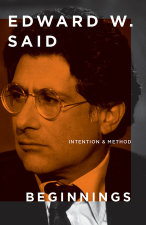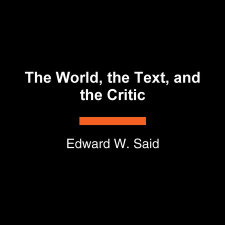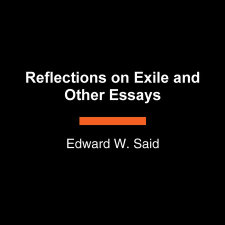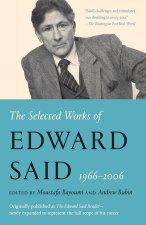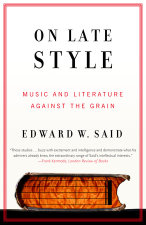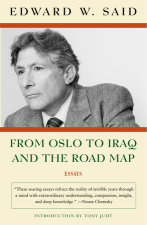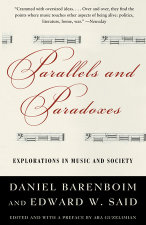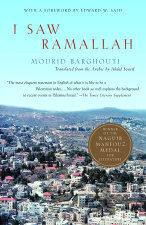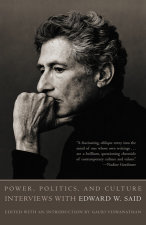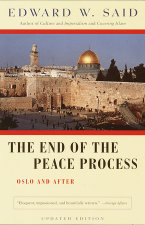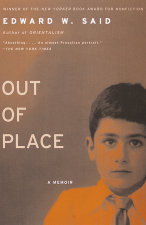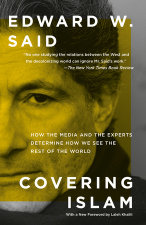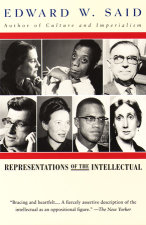Beginnings
Intention and Method

"Readers will be surprised, stimulated, instructed, impressed."―The New Yorker
From one of the world's most beloved and outspoken public intellectuals comes an illuminating book on the nature of criticism
A "beginning," especially as embodied in much modern thought, is its own method, Edward Said argues in this classic treatise on the role of the intellectual and the goal of criticism. Said traces the ramifications and diverse understandings of this concept through history. A beginning is a first step in the intentional production of meaning. It's what sparks a break from preexisting tradition. It authorizes subsequent texts―it both enables them and limits what is acceptable.
Drawing on the insights of Vico, Valery, Nietzsche, Saussure, Lévi-Strauss, Husserl, and Foucault, Said recognizes the novel as the…
Available for Pre-Order
$30.99
September 30, 2025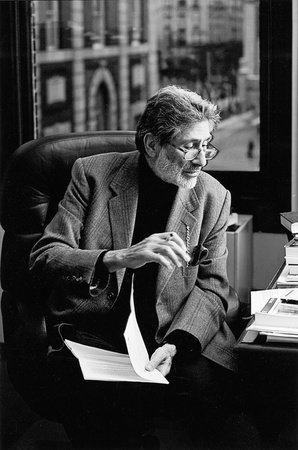
Edward W. Said was born in 1935 in Jerusalem, raised in Jerusalem and Cairo, and educated in the United States, where he attended Princeton (B.A. 1957) and Harvard (M.A. 1960; Ph.D. 1964). In 1963, he began teaching at Columbia University, where he was University Professor of English and Comparative Literature. He died in 2003 in New York City.
He is the author of twenty-two books which have been translated into 35 languages, including Orientalism (1978); The Question of Palestine (1979); Covering Islam (1980); The World, the Text, and the Critic (1983); Culture and Imperialism (1993); Peace and Its Discontents: Essays on Palestine and the Middle East Peace Process (1996); and Out of Place: A Memoir (1999). Besides his academic work, he wrote a…
